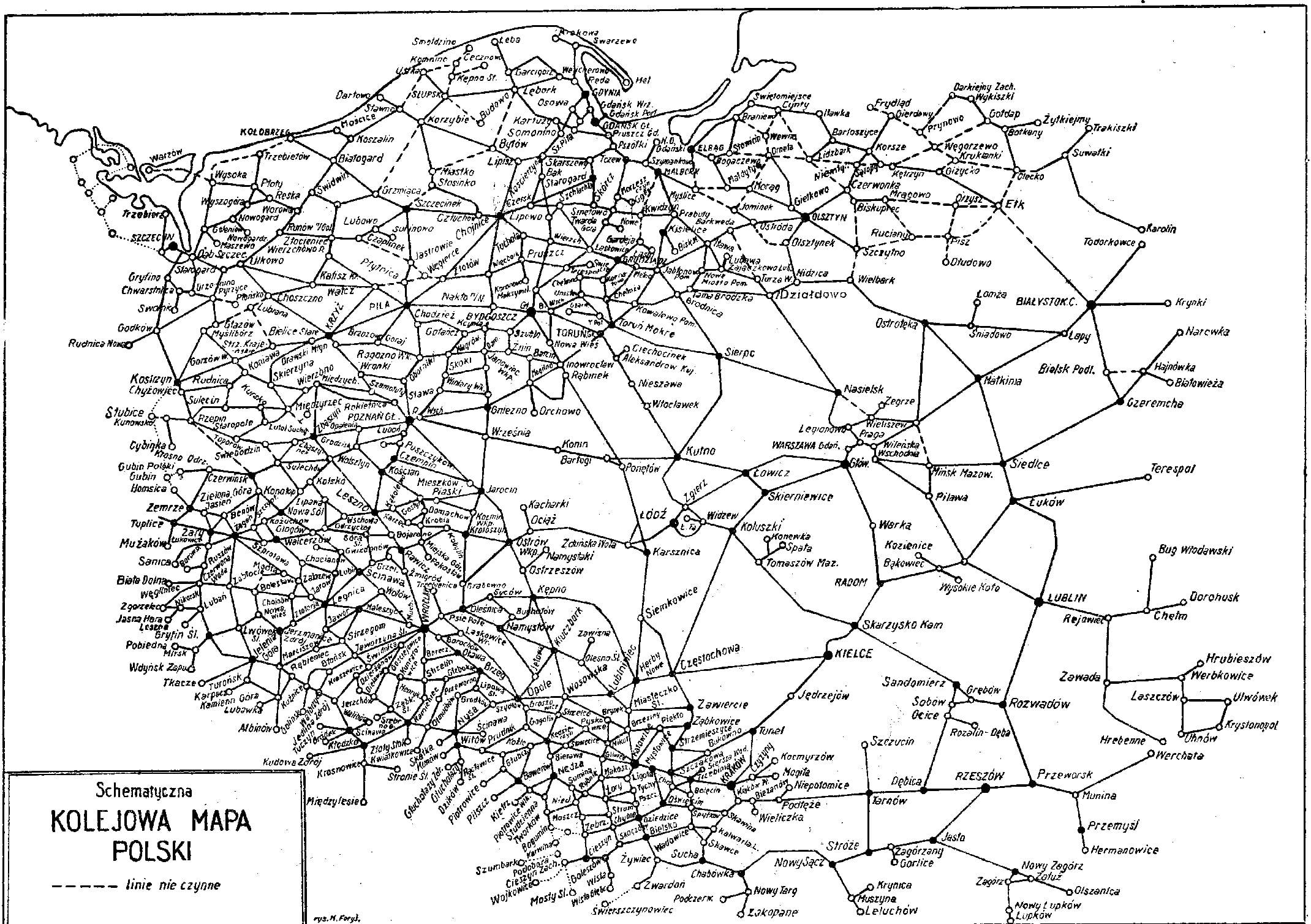I have been researching online, but most of the results I receive are how to rebuild a modern country after a war. Many of their suggestions I can't see carrying over well to a more Medieval-type setting, so I was hoping I might get more ideas here?
The fantasy country I'm working with is small and surrounded on all sides by larger countries. However, it's also surrounded by mountains and water in such a way that to actually attack it would take a lot of time and expense for very little reward. It was basically left alone until a very valuable gemstone was found in abundance in the mines there, at which point attacking it became worth all the trouble in the world.
Basically the ruling family was executed, the land was forcibly annexed by another country, and the people were either enslaved or impoverished but either way became second class citizens in their own country. Because of the difficulty of travel, those who were given positions of power in the newly annexed kingdom had little to no oversight from higher authorities back home, and they mismanaged the country badly, growing rich while allowing infrastructure to collapse and people to starve.
The country was eventually taken back through a combination of magic, monsters (who are wild cards as they are akin to wild animals but much more vicious--they are a weapon that hurts both sides), ruthlessness, popular uprisings, and some serious psychological warfare. There is a new king in place now, but the mess he has on his hands is huge.
It's been around two decades since the kingdom was first taken over. It's been long enough for an entire generation to have grown to adulthood with no schooling/apprenticeships and in some cases, never knowing the taste of freedom, while other generations have had the majority of their lives spent that way. Culture has also been lost, as they were forced to conform to the ways of the invaders. Farms and lands had been wrested from locals and given to foreign "settlers," which has left deep animosity and conflicts of interest. Crime is as rampant as you'd imagine, and bad roads, bridges, and other infrastructure make reassembling trade routes or any other movement difficult (as do the monsters roaming the wild).
And I'm sure there are issues I'm not thinking of.
Food hasn't been mentioned because crops were grown, just distributed so foreign invaders got first pick and hoarded much. Mostly that would be a matter of fair redistribution of the stores already in place, which is it's own unique issue.
What I'm looking for is anything I missed in the way of problems, as well as ideas on what general order rebuilding should take place. Crops, roads, government rebuilding, crime fighting, disputes, all of them are immediate issues but tackling them all at the same time would be impossible. I know education can wait a few years, but getting healers to everyone who needs them might not. Rebuilding culture, too, how would that be accomplished in a place where everything travels exactly the speed of a galloping horse, and not much faster?

